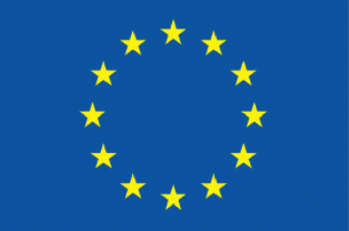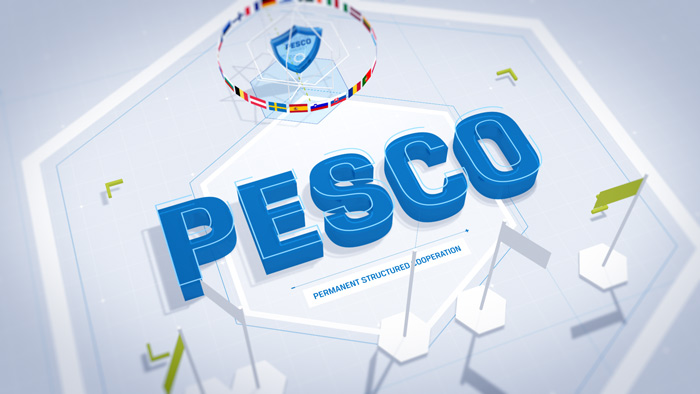Permanent Structured Cooperation (PESCO), the EU’s flagship initiative in defence, is approaching a significant milestone with the end of its initial period in 2025. With 26 participating Member States and 68 ongoing projects, preparations for PESCO’s Strategic Review have begun to allow for a reinvigorated PESCO from 2026. On 9 November 2023, the PESCO participating Member States met at EDA premises, assisted by the PESCO Secretariat (EDA and EEAS including the EUMS), to exchange on concrete ways to strengthen the fulfilment of the more binding commitments by 2025, particularly from a strategic and policy perspective.
The difference between PESCO and other forms of cooperation is the more binding nature of the PESCO commitments undertaken by the participating Member States. The 20 PESCO commitments are to be fulfilled by 2025. To this effect, each year, every participating Member State submits its National Implementation Plan (NIP), informing about its progress as well as its national updates on the plans to fulfil the commitments.
Today’s meeting, gathering around 120 participants including from all 26 PESCO pMS, contributed to the preparation of the updates of the NIPs to be submitted by 10 March 2024. To this end, the participants also focused on the development of the high-level political statements, which will accompany the Plans next year. These statements could include main achievements and national priorities, thus also increasing the political ownership of the Member States.
PESCO Moving Forward
The event also contributed to the reflection among the participating Member States upon the progress and the future of PESCO. With the upcoming PESCO Strategic Review, which will soon be launched, the participants explored how to improve the effectiveness of PESCO activities for the delivery of concrete results in a cooperative way, in line with the Strategic Compass and the EU Capability Development Priorities. In this respect, they had preliminary discussions on closer defence cooperation through commitments and how collaborative projects could further support their fulfilment.






























